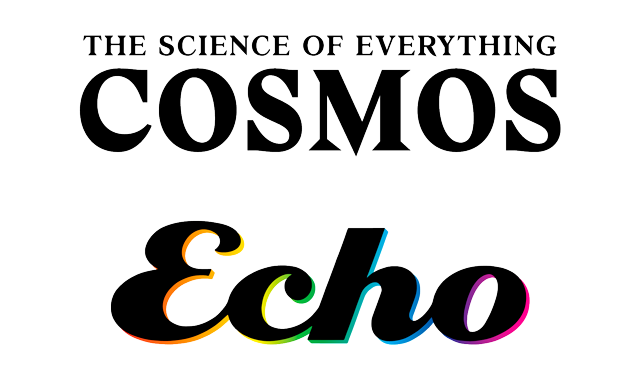
Brought to you by The Echo and Cosmos Magazine
One in six women with endometriosis have lost their jobs due to the condition.
It isn’t just the agonising pain – endometriosis also robs women of their job security, according to a new study published in The Australian and New Zealand Journal of Obstetrics and Gynaecology.
What is endometriosis?
Endometriosis is a condition where tissue similar to the lining of the uterus grows outside the womb, causing immense pain and suffering. It affects around 11 per cent of Australian women at some time in their life but, on average, takes around 6.5 years to diagnose.
Symptoms include debilitating pelvic pain and fertility complications and it can affect other organs such as the bowel, bladder, muscle, lungs and brain.
It costs Australian society approximately $9.7 billion annually, two-thirds of which is through loss of productivity.
Now, a team of researchers from Southern Cross University (SCU) and Western Sydney University (WSU) have found that it also costs women, transgender and non-binary people living with endometriosis their jobs.
Endometriosis and the workplace
According to the national survey of 389 people with confirmed cases of endometriosis, one in six had been fired from their jobs for having to manage their symptoms.
They also found that 31 per cent of people with endometriosis reported being passed over for promotions.
‘Nearly all women with endometriosis in our study said their endometriosis had a significant impact on their work life, with nearly two-thirds of women having to take unpaid time off work to manage their endometriosis symptoms,’ says Professor Jon Wardle of SCU.
‘Not having flexible arrangements in relation to work times or work locations to manage endometriosis symptoms appropriately creates hardships in the workplace for women with endometriosis, with more than half the women in our study identifying this as a problem.’
However, work-from-home conditions during COVID-19 provided flexibility for endometriosis management.
‘Whilst COVID-induced workplace changes were challenging, for women with endometriosis they were also beneficial, with 79 per cent of women with endometriosis reporting that COVID workplace changes had made management of their endometriosis symptoms easier,’ says lead author Mike Armour of WSU.
‘As a result of easier endometriosis management, flexible working arrangements also made women with endometriosis more productive, with more than half of women with endometriosis indicating that they were more productive as a result of COVID workplace changes.’
Ways to improve
Women identified four key areas that could improve workplace conditions:
- Introduction of 20-minute rest periods
- Access to healthcare benefits
- Access to healthcare services such as counselling, mindfulness or assisted exercise
- Access to physical aids (ergonomic chairs, heat packs, props).
‘That fact that an overwhelming majority of women with endometriosis have benefited from the shift to working from home during the COVID-19 pandemic is an important insight,’ says Minister for Health and Aged Care Greg Hunt.
‘I hope that more Australian employers will use this research to help support their employees who may be suffering from this terrible condition, and to help them reach their full potential in the workplace.’
This highlights the inequity women face in the workplace.
‘The message is loud and clear: those with endometriosis are disadvantaged in a workplace that does not foster and support flexible working arrangements.
‘With one in nine women, girls and those who are gender diverse affected by endometriosis, it’s evident workplaces need to create safe, confidential and supportive environments for employees to share their experiences and find a balance that works for both parties,’ says Alexis Wolfe, CEO of Endometriosis Australia, who supported the study. You can learn more about the research supported by Endometriosis Australia here.
The health disadvantages that women face include inequity in cardiac care, concussion research and menstrual health care, but endometrial organoids may offer research hope to understand endometriosis better.
This article was originally published on Cosmos Magazine and was written by Deborah Devis. Deborah Devis is a science journalist at Cosmos. She has a Bachelor of Liberal Arts and Science (Honours) in biology and philosophy from the University of Sydney, and a PhD in plant molecular genetics from the University of Adelaide.




